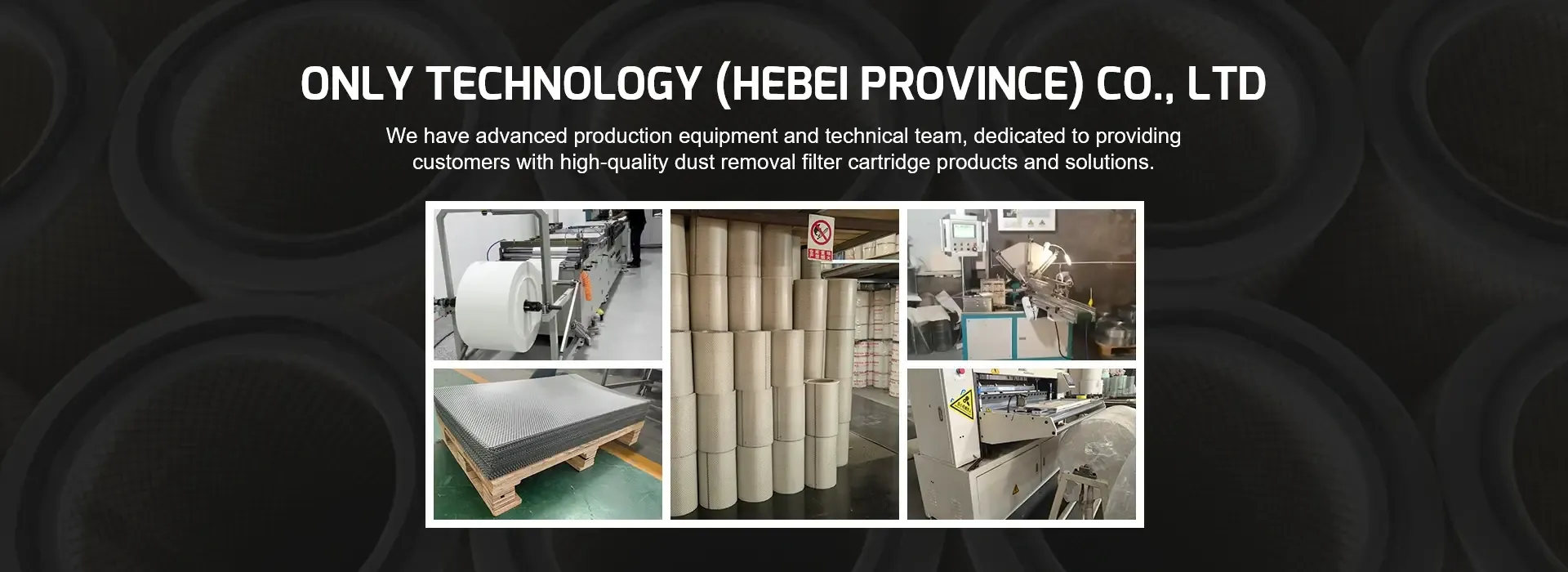 Tel:
+8615930870079
Tel:
+8615930870079
أغسطس . 05, 2024 14:20 Back to list
High-Efficiency Pleated Filters for Dust Collection Systems to Improve Air Quality and Performance
The Importance of Pleated Filters in Dust Collection Systems
In various industrial and manufacturing settings, maintaining air quality is of utmost importance. Dust particles can pose significant health risks to workers and can also impair the functionality of machinery. Dust collection systems play a vital role in mitigating these risks, and one of the essential components of these systems is the pleated filter. This article explores the significance of dust collector pleated filters, their advantages, and their applications.
Understanding Pleated Filters
Pleated filters are designed to enhance the surface area available for dust and air filtration. Unlike traditional filter designs that may rely on a flat or accordion-style surface, pleated filters incorporate folds or pleats that create additional surface area within a compact frame. This makes them highly efficient in capturing particulate matter, including fine dust and larger debris.
Advantages of Pleated Filters
1. Increased Filtration Efficiency The pleated design allows for a larger collection area without requiring additional space. This means that a pleated filter can capture more dust over time, resulting in improved air quality and reduced health hazards in the workplace.
2. Longer Service Life With increased surface area comes longer service intervals. Pleated filters generally last longer than flat filters because they can trap more dust before needing to be replaced or cleaned. This not only reduces maintenance costs but also minimizes downtime in industrial operations.
3. Lower Pressure Drop A key advantage of pleated filters is their ability to maintain airflow while capturing dust. A lower pressure drop through the filter means that the dust collection system requires less energy to operate, improving overall efficiency and reducing energy costs.
dust collector pleated filter

4. Versatility Pleated filters are versatile and can be used in various dust collection applications across different industries, including woodworking, metalworking, pharmaceuticals, food processing, and more. Their design can be tailored to meet specific filtration needs, from capturing fine particulate to handling larger debris.
5. Ease of Installation Many pleated filters come in standard sizes, making them easy to install and replace in existing dust collection systems. This convenience helps ensure that facilities maintain optimal air quality without disruptive delays.
Applications in Industry
Dust collector pleated filters are widely used across many sectors. In woodworking facilities, they capture wood dust, which can be hazardous when inhaled. In metalworking, they can effectively filter out metal shavings and particles, ensuring a safe working environment. Additionally, in pharmaceutical plants, pleated filters help maintain sterile conditions by trapping hazardous substances.
Moreover, in food processing industries, these filters can prevent contamination by capturing potentially harmful dust particles. This is vital for compliance with health and safety regulations and maintaining product quality.
Conclusion
The role of dust collector pleated filters in improving air quality cannot be overstated. They offer numerous advantages, including enhanced filtration efficiency, extended service life, and lower operational costs. As industries continue to prioritize worker safety and environmental sustainability, investing in high-quality pleated filters for dust collection systems will remain a top priority. By implementing these advanced filtration solutions, businesses not only comply with regulations but also contribute to a healthier and safer work environment.
-
Types and Applications of Air Filtration CartridgesNewsJul.28,2025
-
The Role of Gas Turbine FiltersNewsJul.28,2025
-
Mastering Air Filter Cartridge UseNewsJul.28,2025
-
Advanced Turbine Filters for Modern Gas TurbinesNewsJul.28,2025
-
Cellulose Air Filter Cartridge Advantages in Dust FiltrationNewsJul.28,2025
-
Cellulose Filters for Air Particle ReductionNewsJul.28,2025

 Email:
Email:





